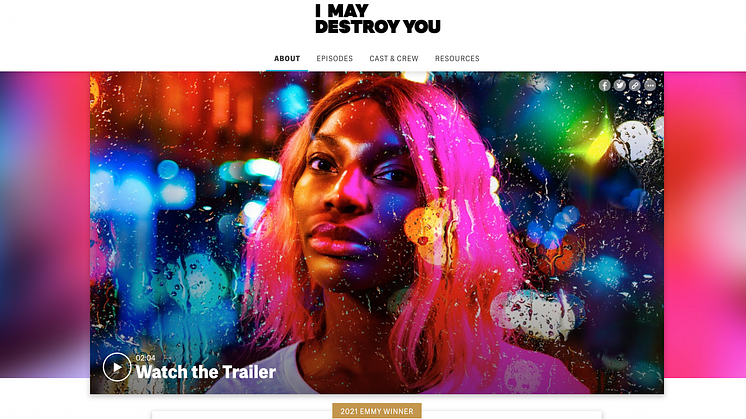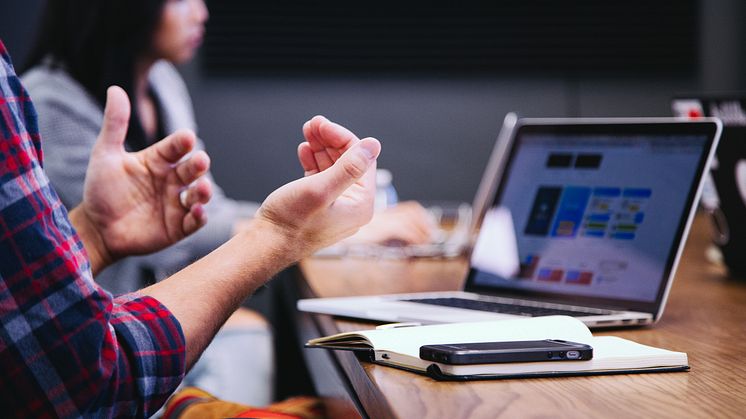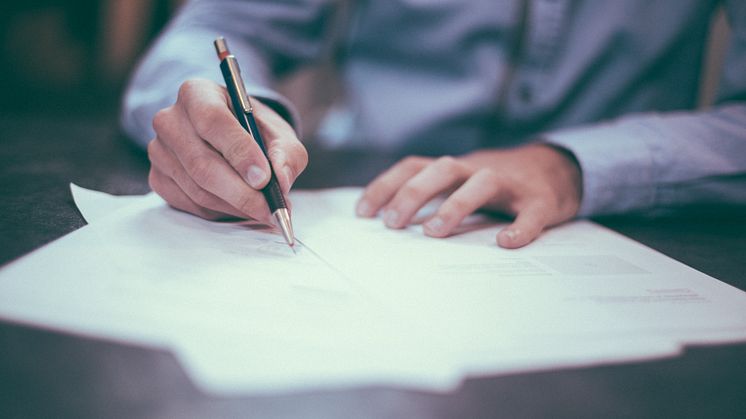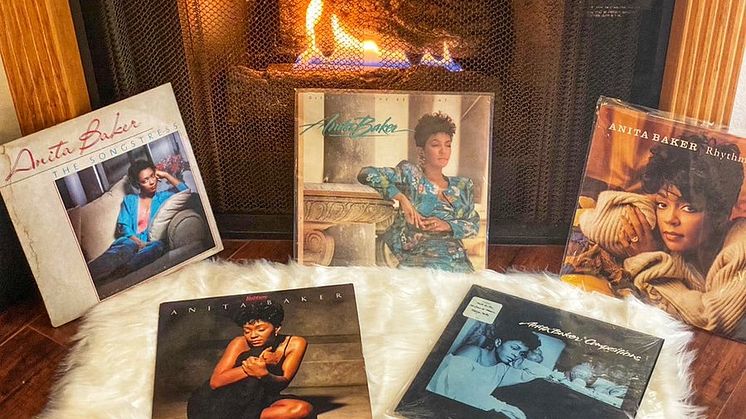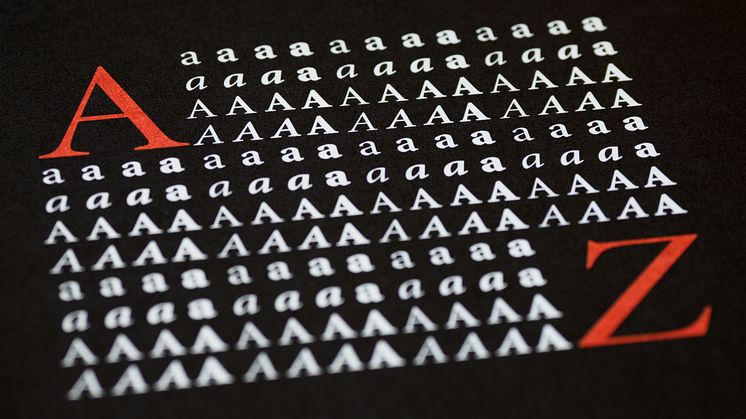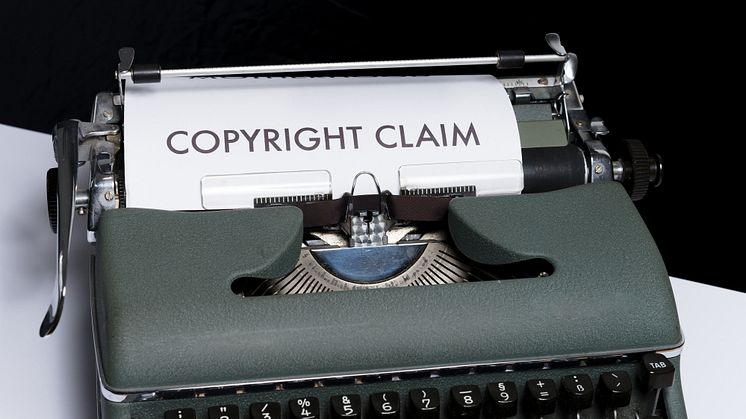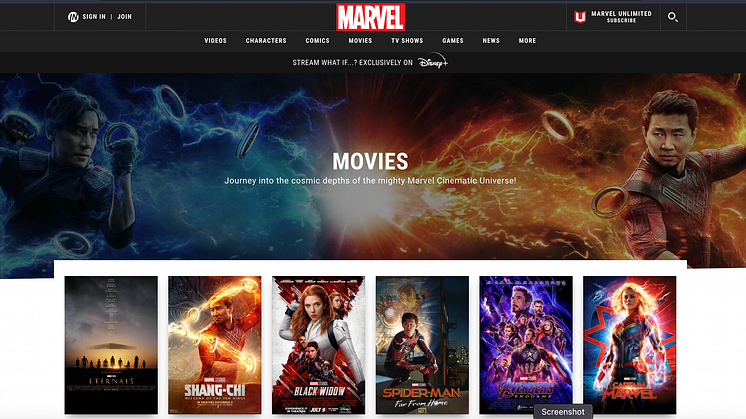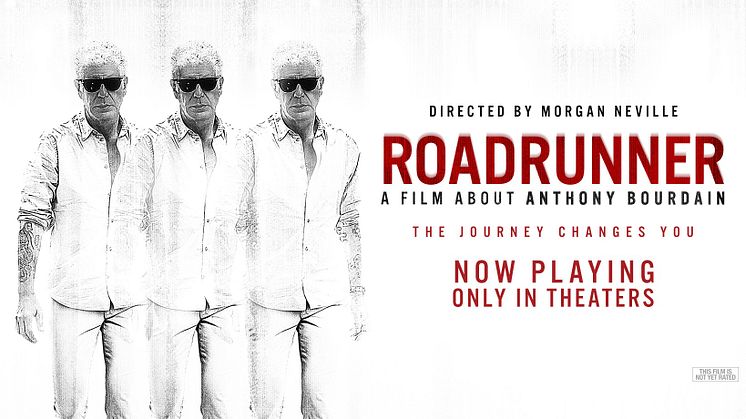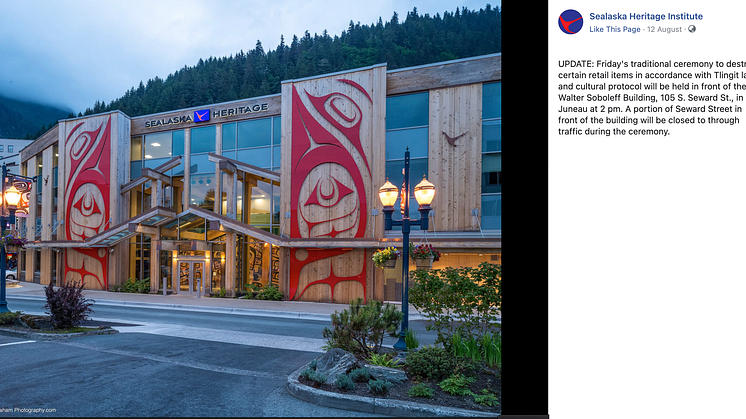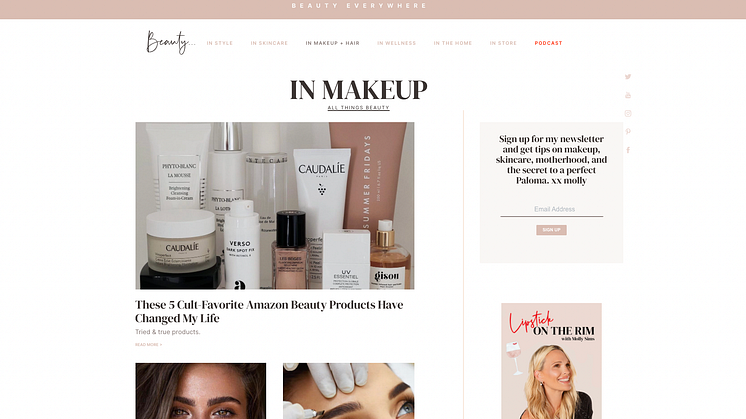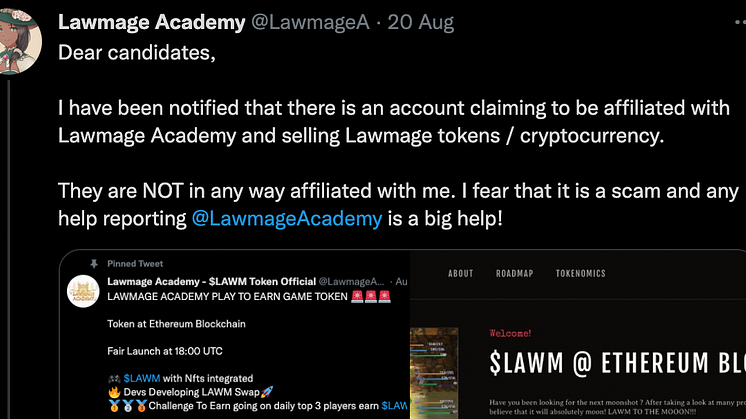Emmy winner Michaela Coel shines a light on how she has protected her IP
It’s been a busy month for actor, writer and director Michaela Coel. In September, she won her first Emmy for writing the limited series I May Destroy You, and released her first book, Misfits: A Personal Manifesto.
Both the series and the book are related to the way this talented UK creative views the issue of intellectual property. When she started to pitch the idea for I May Destroy Youin 2
